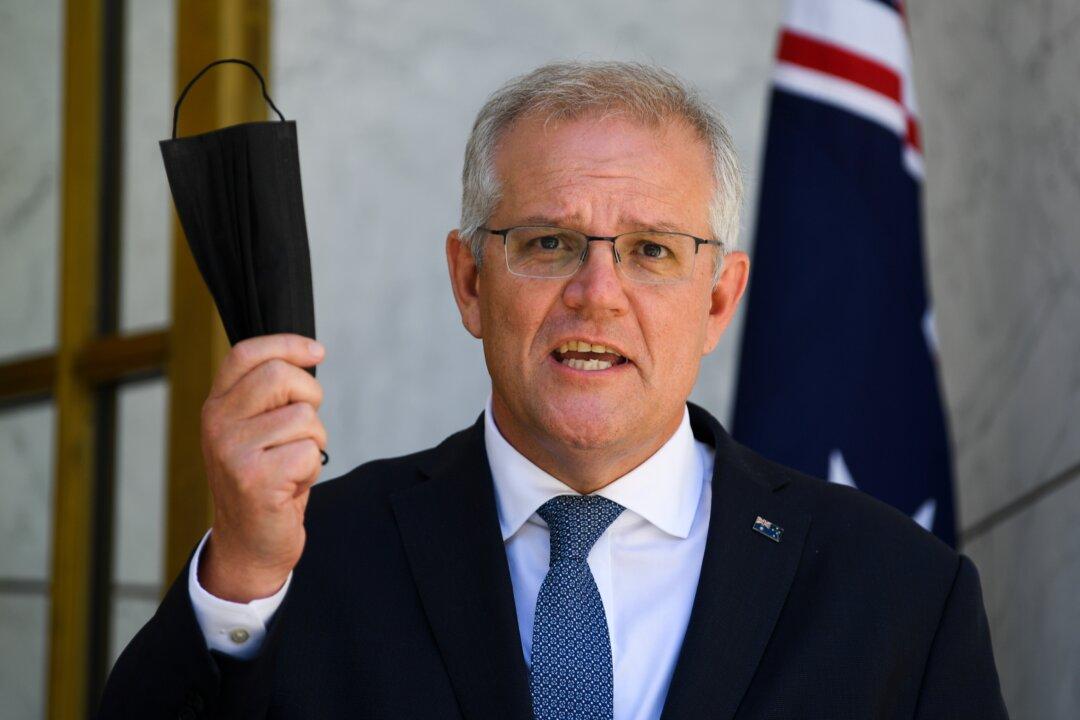Australian Prime Minister Scott Morrison has called for a “common sense” approach to measures against COVID-19, saying there was no need to mandate masks, police people with QR code tracing, or require PCR testing for interstate travel.
In particular, Morrison suggested that Australia’s states and territories didn’t need to resort to imposing mandates for things that people could self-manage using “common sense.”





